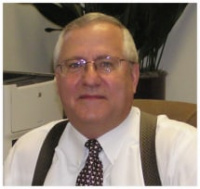Minnesota Trusts Lawyer List
Sponsored Law Firm
-
 x
x

Click For More Info:
-
Morris Law Group PA
7380 France Ave S. Suite 250 Edina, MN 55435» view mapAccident & Injury Law We Are Experts In What We Do
Whether it’s your home or business, you are important to us. Reach out today to set up a meeting with one of our experienced Edina lawyers.
800-872-9610
Neil Peter Thompson
✓ VERIFIEDBloomington Trusts Lawyer
Experienced trusts and wills attorney
Attorney Neil Thompson has been providing estate planning and elder law services to Minnesotans for over 20 years. Prior to his admittance to the Minn... (more)
FREE CONSULTATION
CONTACTFREE CONSULTATION
CONTACTMarvin Borman
Business Organization, Estate Planning, Wills & Probate, Trusts
Status: In Good Standing
FREE CONSULTATION
CONTACTEric Bruce Nelson
Wills, Trusts, Estate Planning, Workers' Compensation, Personal Injury
Status: In Good Standing
FREE CONSULTATION
CONTACTMary Joki Ebb
Medicare & Medicaid, Wills & Probate, Trusts, Elder Law
Status: In Good Standing Licensed: 33 Years
FREE CONSULTATION
CONTACT Richard Morris Edina, MN
Richard Morris Edina, MN Practice AreasExpertise
Practice AreasExpertise

